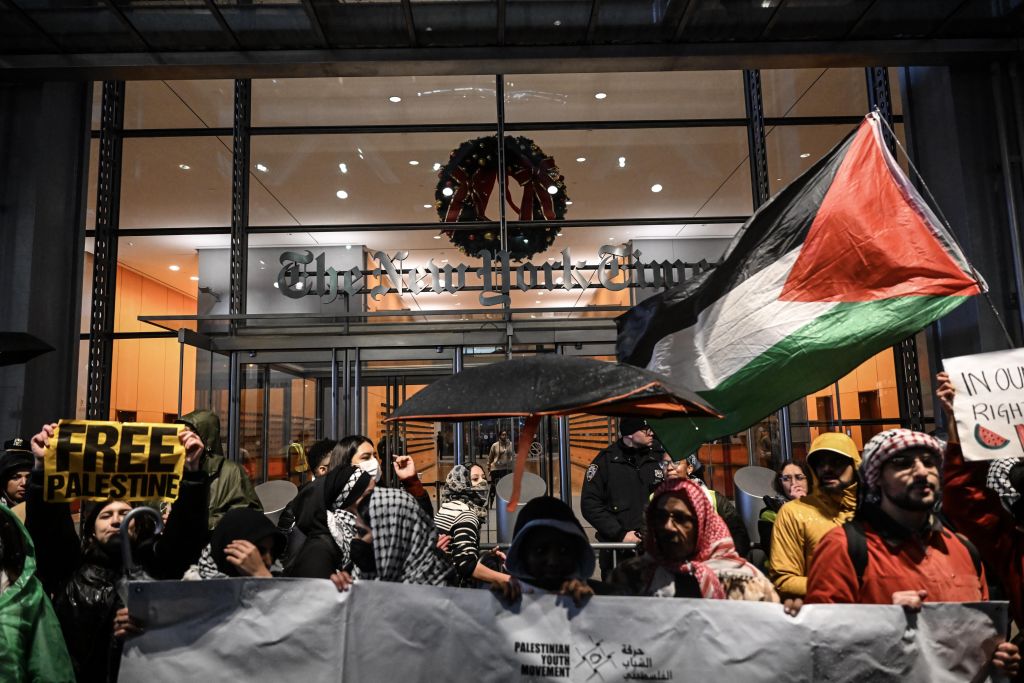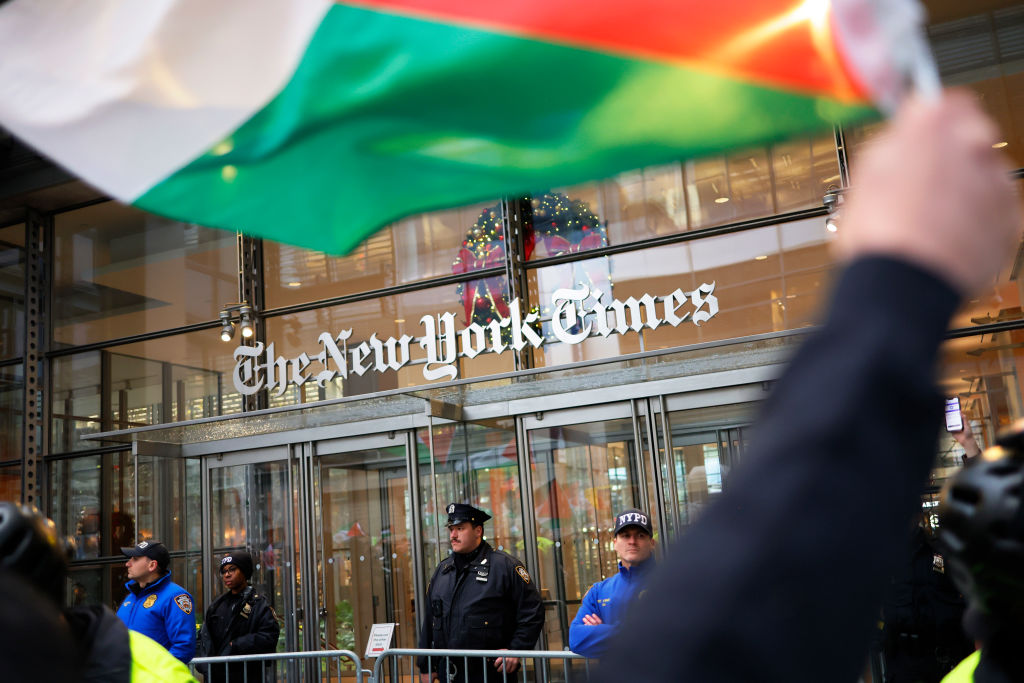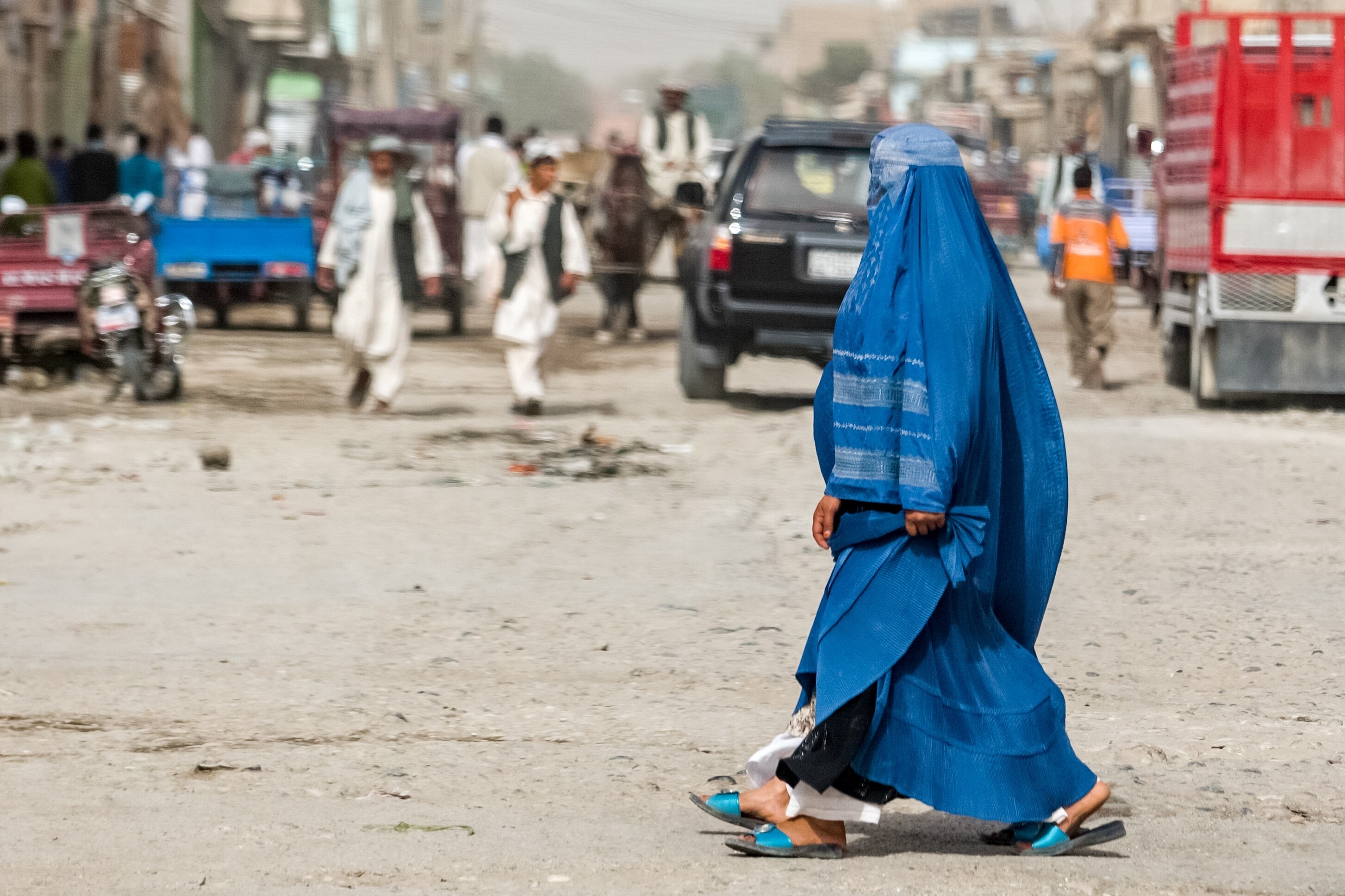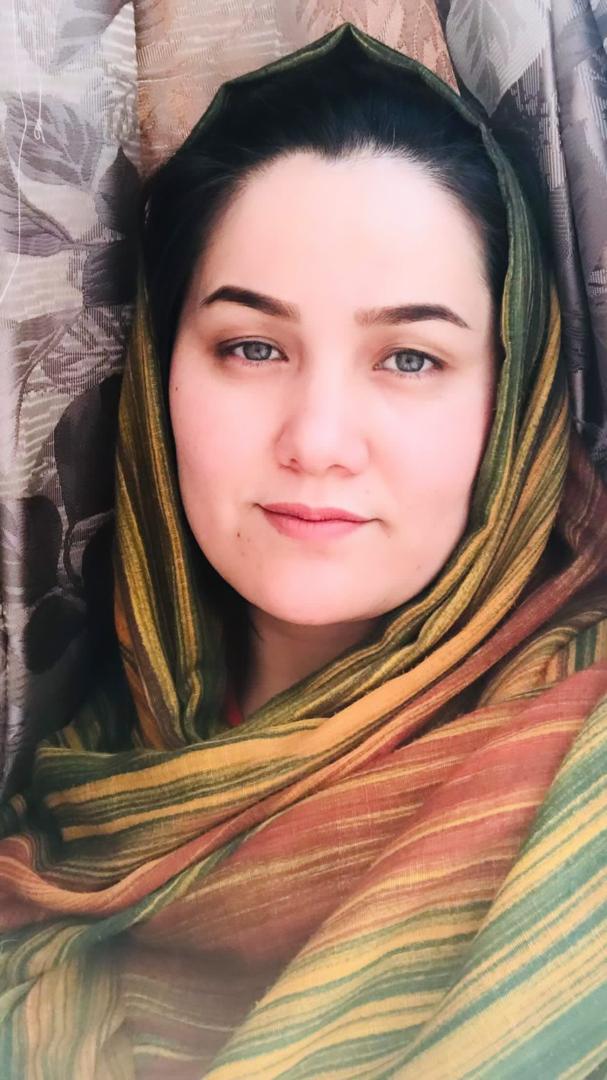As the Israeli war on the Gaza Strip completes its third month, and with deteriorating humanitarian conditions resulting from the Israeli aggression, dominant Western media outlets appear to persistently engage in what seems to be an intentional effort to conceal the crimes committed by the Israeli occupying army against Palestinians. Observers argue that the Israeli actions amount to genocide and collective punishment, with the United States primarily offering diplomatic and economic cover.
Media Narratives in Conflict: The Israeli-Palestinian Coverage
In the last two weeks, prominent Western newspapers and media outlets have extensively rekindled discussions about the events of October 7th. Among these, was the New York Times report, published on December 28th, that seeks to establish a pattern of sexual assaults by Hamas and "Palestinians from Gaza" against Israeli civilians during the operation. Palestinian resistance factions have denied and refuted these accusations, and various independent media reports have exposed inconsistencies and inaccuracies in the allegations.
The New York Times team blatantly disregarded professional standards by failing to clarify the purpose of the investigation during initial contact with the victim's family.
In a previous article, we addressed concerns raised in the approximately 3500-word report, which the newspaper asserts underwent two months of investigation. It was discovered to contain inaccuracies and breaches of professional journalistic standards, particularly concerning fundamental guidelines in eyewitness-based investigative journalism. These include verifying the credibility and background of the witnesses, scrutinizing supporting evidence and indications related to the testimony, and evaluating the consistency between the version of the testimony obtained by the journalist and other versions provided by the same witness earlier. We also highlighted violations such as relying on the repetition and reproduction of previous witness statements, all of which were discredited. Moreover, there was a lenient approach by the New York Times, in accepting other testimonies despite evident contradictions, both within the testimonies themselves and when compared to prior statements from the witnesses.
Additionally, in the last two days, following the controversy sparked by the New York Times report, even within Israel, it has become apparent that the journalists who produced the report, including the respected Jeffrey Gettleman, whom the newspaper depended on for credibility, approached the issue intending to promote it and revive its momentum within the Israeli propaganda, rather than the intent of investigating and verifying the matter through the collection of necessary journalistic evidence. In a situation of such sensitivity, within the backdrop of a war that took the lives of tens of thousands of innocent civilians as retaliation for the Palestinian resistance's attack, this approach involves dehumanizing the entire population of Gaza and depriving them of the right to life, sympathy, and humanitarian solidarity.
Contested Narratives: Dissecting The New York Times' Report
According to reports from Israeli media, the family of one of the alleged victims highlighted in the report, Gal Abdush, denied any knowledge of sexual violations against their daughter on October 7th. They confirmed that the family only became aware of it after the New York Times report was published.

NEW YORK, US - DECEMBER 01: People, holding Palestinian flags and banners, stage a pro-Palestinian demonstration in front of New York Times headquarters in New York, United States on December 01, 2023. (Photo by Fatih Aktas/Anadolu via Getty Images)
The New York Times allocated a substantial part of its investigation to recounting Gal's story. She and her husband were killed on October 7th, and the report, relying on an isolated video, alleges that she was a victim of violent sexual assault. The video, supposedly widely circulated on social media and “went viral” as per the report, depicts Gal's lifeless body in a black dress. Contrary to the newspaper's assertion of broad dissemination, the video is currently unavailable on the internet. Typically, videos achieving viral status are challenging to entirely remove from online platforms. Furthermore, the New York Times' claim that Gal's image in a black dress became an "icon" in the Israeli press for solidarity with female "victims" is contested by a well-written report on Mondoweiss. Prior to the New York Times investigation, there was no such characterization of Gal, whose story constituted roughly a third of the New York Times investigation based on a poorly cropped still image from the video. This image is insufficient to conclude rape and lacks any police or forensic evidence to support such an assumption.
Additional interviews with members of the victim's family affirm that the suspicion of rape originated from the New York Times team itself. Shortly after the investigation's release, Gal's brother-in-law, Nassim, asserted in an interview that his brother's wife had not been raped, refuting it multiple times during the interview, as reported by Mondoweiss. Nassim revealed that his brother had called him at 7 a.m. on October 7th, informing him of his wife's death. Despite a 44-minute conversation between the brothers, there was no mention of rape or sexual assault. Nassim also clarified that no official institution had contacted the family to share suspicions or assumptions of Gal being assaulted before her death. This led him to accuse the media in the interview of "inventing" such claims, a sentiment echoed by other family members and friends.
Reevaluating Journalistic Integrity: A Call for Responsibility
These numerous testimonies illustrate the extent of negligence, bordering on intentional avoidance, by the newspaper and investigators regarding their journalistic and ethical responsibilities. Most importantly, the team blatantly disregarded professional standards by failing to clarify the purpose of the investigation during initial contact with the victim's family. They neglected a thorough examination of the rape allegations and an investigation into the factors supporting the claim of systematic gender-based abuses on October 7th. The New York Times only informed the family members that the report aimed to illuminate the tragedy of their daughter's death and to honour her memory, prompting their participation in interviews, as per Gal's sister's Instagram comment. She emphasized that the family would have declined cooperation and discussion had they known that the subject involved rape and sexual assaults.
In conclusion, the series of revelations surrounding Gal’s case raises serious questions about the integrity of the New York Times' investigative approach and journalistic standards. The discrepancies discussed earlier in the video's availability, the lack of prior recognition of Ghalya's purported iconic status, and the discrediting of the rape allegations by her family members all underscore the need for a comprehensive revaluation of the report's credibility. The journalistic responsibility to thoroughly investigate, validate information, and maintain ethical standards must take precedence, especially when dealing with sensitive issues such as sexual assault and its potential impact on the affected individuals and their families. The unfolding developments emphasize the importance of transparency, accuracy, and a commitment to truth in reporting, crucial elements that should guide responsible journalism.












































